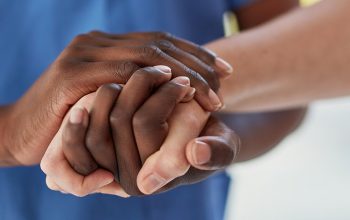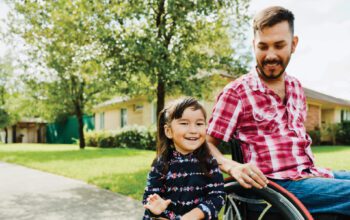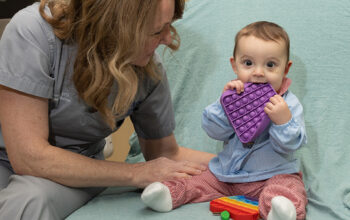One HCA Healthcare colleague gives her heartfelt take on the fight against COVID-19.

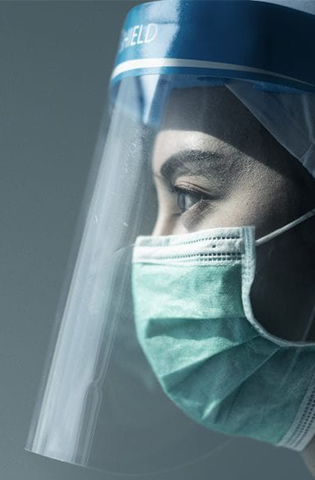
As we’ve all seen in the news, many communities across the country, including several served by our hospitals, are experiencing a significant resurgence of COVID-positive patients. Now, more than ever, it’s important that each of us renew our commitment to staying home unless necessary, wearing a mask and maintaining a safe social distance when in public. Help us embrace these safety precautions, because spreading knowledge can save lives.
From preparation to response and reboot efforts, we’re seeing heroes throughout every phase of the pandemic—especially our front-line caregivers who’ve faced some of the most difficult patient scenarios of their lives. In this social media testimony, ICU nurse Ashton Crocker tells it like it is, unfiltered and from the heart. Thank you to Ashton and all other front-line colleagues who have unselfishly served in the face of COVID-19.
Witnessing families lose their loved ones is one of the hardest parts of nursing. I’m a words person, and in these moments there are never enough adequate words. It is hard.— ICU nurse Ashton Crocker, Doctors Hospital of Augusta, Augusta, Ga.
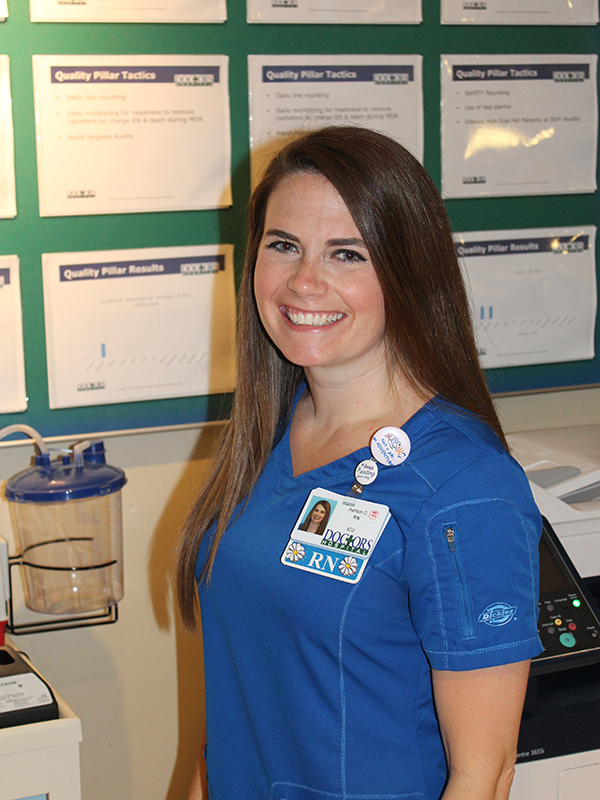
Ashton Crocker, RN., Doctors Hospital of Augusta, Augusta, Ga.
Seeing families watch us try to save their loved one is even harder. The room fills quickly and the measures taken to save a life are not peaceful or pleasant. It is traumatizing for families. Sometimes it’s even traumatizing for us. It is hard.
Consoling, hugging and even crying and praying with families after they lose their loved ones. Hard.
Holding the hand of a grown man, an only child, in the same room where my friends are pounding on his mother’s chest trying to keep her alive. Hard.
Sitting beside another nurse, both quietly crying, as we witness a large family let go of a very young woman. Hard.
Explaining to teenagers what just happened to their mom after you turn off the monitor. Hard.
Watching a husband leave the unit with a personal belongings bag and without his wife. Hard.
We see hard regularly in the ICU. I’ve been pulled into the med room to cry over the hard. I’ve questioned if my heart can handle the hard. I’ve hugged it out with my friends when they’re experiencing the hard. I’ve hated the hard. But today I have a new respect for the hard, because the hard we are familiar with isn’t comparable to this new kind of hard. This hard is incomprehensible. It’s the kind of hard we’re going to be talking about for the rest of our careers—the rest of our lives.
The normal that many of us want to get back to so badly is waiting on us, while normal for SO many people is gone.
People are dying with only unidentifiable strangers at their bedside. Their families are getting the tragic news via phone calls. If they’re lucky, they may get to see their already deceased loved one through a glass door or they may get to watch their loved one die via FaceTime. If you told me that I would have to speak the words, “he is gone now” over FaceTime, I would’ve never believed you. It’s unfathomable, but it is life for many people right now and IT. IS. HARD.
Stay home. Quit complaining. Because that, from our perspective, is not that hard.”
